Discrimination on the Pacific Crest Trail (Class of 2023)
Thousands of people hike the Pacific Crest Trail each year, from all over the United States and the globe. Over the years, the trail has slowly become a more diverse and less exclusive space as it’s become better documented and more well-known (on this note, be careful with your trail family).
As part of the Pacific Crest Trail Hiking Survey, hikers are asked whether they experienced (or witnessed) ageist, sexist, racist, homophobic, or transphobic behavior during their thru-hikes – from either their fellow PCT hikers or from people in town and/or met along the trail (e.g. day hikers).
These accounts must be documented and shared to remind those within the thru-hiking community that just because they may not have personally experienced any of this, it still happens to others. Covering your ears and yelling, “I HIKE TO GET AWAY FROM THIS,” “EVERYONE ON THE TRAIL IS SUPER GOOD PEOPLE,” or “I’VE NEVER SEEN ANY OF THIS HAPPEN” doesn’t make it any less true.
As more hiker experiences are documented and the trail community becomes more aware of problematic areas and/or behavior, we can continue to build the long-distance hiking community into the incredible and welcoming place so many of us have had the privilege of experiencing in the past.
Lastly, I know that “Discrimination on the Pacific Crest Trail” is not the most accurate title since, semantically, discrimination is just a piece of the issue. Still, I thought the word discrimination did an adequate job of capturing the sentiment of this article, as opposed to something like “social issues and/or injustices perpetrated on and/or adjacent to the PCT.”
I always welcome constructive feedback on what would make this information more useful, insightful, or otherwise valuable to the thru-hiking community. Comment at the end of this post or get in touch.

The following breakdown shows the percentage of women, LGBTQIA+, and BIPOC hikers who experienced sexism, racism, or homophobia/transphobia on the Pacific Crest Trail. Because the age ranges for people who reported experiencing some form of ageism on the trail varied wildly, the percentages given for this category reflect all hikers.

According to the data, people in town were generally more problematic than other hikers, but not by much. Here’s a look at the numbers.
Ageism
Overall, 12.5% of hikers experienced ageism on the Pacific Crest Trail – down from 13.9% last year.
Of this 12.5%, 8.7% experienced ageism only from other hikers, 1.0% only from people in town, and 2.8% from their fellow hikers and people in town.
As ageism was reported by hikers of a wide variety of ages, these percentages encompass all hikers.
Homophobia/Transphobia
Overall, 42.4% of LGBTQIA+ hikers experienced homophobia or transphobia on the Pacific Crest Trail – down from 45.9% last year.
Of this 42.4%, 9.6% experienced homophobia or transphobia only from other hikers, 22.4% only from people in town, and 10.4% from their fellow hikers and people in town.
Racism
Overall, 22.5% of BIPOC hikers experienced racism on the Pacific Crest Trail – down from 25% last year.
Of this 22.5%, 1.3% experienced racism only from other hikers, 17.5% only from people in town, and 3.8% from their fellow hikers and people in town.
Sexism
Overall, 53.1% of women experienced sexism or sexual harassment on the Pacific Crest Trail – up from 24.1% last year.
Of this 53.1%, 12.8% experienced sexism or sexual harassment only from other hikers, 17.6% only from people in town, and 22.7% from their fellow hikers and people in town.
| On Trail | Off Trail | Total | |
|---|---|---|---|
| Ageism | 11.5% | 3.8% | 12.5% |
| BIPOC | 5.1% | 21.3% | 22.5% |
| LGBTQ+ | 20% | 32.8% | 42.4% |
| Women | 35.5% | 40.3% | 53.1% |
When asked to recount examples of the sexism or otherwise inappropriate behavior witnessed on the Pacific Crest Trail, here are some of the responses received.
Ageism
- A fair portion of young hikers ignore older hikers. Not a big deal to me, but it is noticeable.
- I had several experiences where young hikers didn’t engage with me as an older hiker.
- There still seems to be a large divide in people’s opinions of the “right” person to hike the PCT. I feel people had more questions and were more surprised by (young) women and older hikers.
- Ageism showed up on trail usually when hikers were tearing down themselves for being a certain age, or more commonly, old white guys complaining about young people.
- Lots of 20-something-year-olds wouldn’t talk to me and just stuck with their tramily of other 20-something-year-olds from the very beginning of the hike.
- I often heard young hikers say older hikers wouldn’t make it due to their age.
Women on the PCT
- One male hiker we met on the trail made several comments to my hiking partner and me\ that made it clear he didn’t think women could do this hike or that we weak women would do better with a man around. He also made a joke about him stalking us.
- I was sexually harassed during a hitch in Shasta and had to jump out of the car in the middle of an intersection; I also had a much less direct but uncomfortable encounter with a hotel proprietor in Sierra City.
- A hiker tried to join my trail family. He was generally very annoying and kept making inappropriate comments to women in my group. Eventually, one of them told us he tried to touch her. We told him to get lost.
- A hiker on the trail made sexual comments towards me. Another hiker I was camping with earlier was sexually assaulted (a man crawled into her tent).
- Hikers in my own tramily frequently dismissed me on a topic but sought out a male counterpart with less experience. This was super frustrating. I had recently gotten back on the trail and was without a group when a man in town approached me. He made uncomfortable advances. Fortunately, I was on the phone with a family member during the exchange, which made me feel safer in case something happened. I lied and said I had to get back to my group, though he followed me for a bit in his truck.
- At Mount Laguna, the clerk made some very sexual suggestions when female hikers asked him if he could help them ship out mail.
- Many (male) hikers at the beginning of the hike were incredibly demeaning and critical of me (female) and many other female hikers I spoke to. Involved comments about kit, our fitness levels, and where we would inevitably give up, e.g., “You know you shouldn’t be carrying that with you. You’ll never even make it to Kennedy Meadows”. Also, bad vibes in Hikertown, where a resident kept pressuring me into taking a “free shower.”
- I was hitching back to the trail from the Green Valley convenience store (in the desert, near Bouquet Canyon.) Two guys in their 50s or 60s agreed to give me a ride. I accidentally opened the wrong door handle on their king-cab pickup, meaning I opened the door to where the passenger guy was already sitting. He made a comment along the lines of “Sure, you can sit on my lap, as long we don’t tell my wife!” Hardee-har-har. Later, during the drive, he mentioned that he was the trail angel who replenished the water cache at Lake Hughes Road.
- A female hiker in my group was sexually harassed by a “trail angel” in Washington.
- I had a guy follow me for two hours because “he liked meeting people.” He didn’t ask me (a solo female) if it was okay if he hiked with me or if we hiked together, which is something men can do to make women feel at ease. I was not interested in hiking with him but felt uncomfortable telling him that. I also did not want to stop and pretend to take a break, as I had 35 mi / 56 km planned that day and wanted to keep moving.
- I had a variety of creepy interactions with men in town where I sometimes felt unsafe as a solo female woman.
- I got sexually harassed by a potential hitch in town, and I got sexually coerced/taken advantage of by a garbage hiker while blackout drunk
- People think I am less of a hiker or less capable because I am a woman.
- Kennedy Meadows South, the cowboy hat guy with an English accent. Total creep – touched my friend on the hips and hit on her multiple times. She didn’t like that.
BIPOC Hikers
- A member of our tramily was made to feel unsafe because of her race – leered at in town.
- A racist “trail angel” – we got in the car, and he proceeded to use the N-word multiple times—a horrible ride.
- I had a day hiker assume I was Japanese even though I’d spoken to him in English. I am Chinese-American; born and raised in the US.
- Hearing racist comments from people in town was common.
- We had a hitch with a man out of Julian who turned out to be a Nazi. We had trail magic from a man who used the N-word and made sexist comments.
- Witnessed racist and transphobic comments from different locals in different towns in the desert. I also heard from a friend that farmer John (Agua Dulce) made a comment that he wouldn’t let black people stay at his “oasis.” Didn’t know this when I stayed there, but had I known, I wouldn’t have stayed there/given him my money.
- I got a hitch with a man with a swastika tattoo; Etna Valley is gross.
- Pretty much all of NorCal was racist. Burney, Etna, and Seiad, to be specific but not limited to there.
- There were some…interesting remarks about my Asian American identity from folks in town.
- I (a Chinese woman) encountered a lot of microaggressions, generally just drawing attention to the fact that I was different from the majority more so than active discrimination.
- Some trail angels liked to have an audience to voice their opinions. Several times, I was a part of hiker groups that experienced racism in isolated situations. Then collectively, we realized it was in the same areas of the trail—mostly rural California or Washington.
LGBTQIA+ Hikers
- I had multiple trail angels make transphobic comments in my presence. For instance, making unsolicited comments to me about how wrong it is to teach about trans people in schools and how being trans is a mental illness. I am non-binary but not queer presenting, so these “trail angels” did not think that I was gender non-conforming.
- Day hikers talking shit about immigrants. Hikers talking shit about trans kids and their rights.
- I fell in with a group that had a very religious guy, so much so that it was uncomfortable. Being gay, I ended up leaving the group because he always found a way to bring God up every time he passed me or at camp-no less than ten times a day.
- Got called a f*g for wearing pink in my color scheme (as a guy).
- A waiter in Seiad Valley Cafe went on and on about boycotting Bud Light and Ben & Jerry’s because of their support of the LGBTQ+ community and their “woke” politics.
- Hikers and towners both being disrespectful towards a gay friend on the trail.
- As a trans person, I experienced a decent amount of transphobia from townies. Less, but not zero, from hikers. I witnessed a lot of racism from hikers.
- Tried hiking with a trail family in the desert, but they asked me to leave them when they found out I was gay.
- Saw both a trail angel and multiple hikers have a very transphobic discussion at a fire that I had to educate/argue with them about.
- People at the Shasta KOA were making my friend extremely uncomfortable with nonstop questions regarding his sexuality.
- Our hiking partner was a gay man, and the way small-town bartenders/workers treated him compared to our straight male hiking partner was astounding sometimes.
- It seemed like people, especially from the desert, were hostile towards hikers from the queer community.
Antisemitism on the PCT
This doesn’t fit with any of the headings above, and this year, there were mentions of antisemitism on the PCT as well. A couple are included below.
- I was sitting in a large group of people. I overheard a discussion between other hikers that involved a lot of antisemitism directed towards another individual (hiker) who was not present.
- I had a few people say some grossly antisemitic things to me when they learned I’m Jewish.
Trail Angels & Hitchhiking
A lot of negative hiker experiences on the trail have to do with “trail angels” or people they catch rides with while hitchhiking. Remember that trail angels are just random people hanging out by the trail. They aren’t vetted by anyone, and them being “trail angels” doesn’t automatically translate to them being good people.
Here’s a comment on this from one of this year’s hikers.
- For some reason, people in town (including trail angels) have a habit of unloading on you whatever opinion/conspiracy theory they have in mind. They simply cannot contain themselves from saying that women should not be doing this alone, asking you if you met God while you were out there, or going on some strange political rant. I blame the small towns you are hiking through, but many other hikers and I had way more issues with town people than fellow hikers.
Support the Survey
Every year, I get a lot of people asking how to support the surveys. Beyond sharing them with your close-knit bubble of weird hiker friends, the best way to support the survey is to contribute via Patreon. You’ll get access to exclusive posts, discount codes, live streams, and super, extra cool stickers so that everyone will know how cool you are.
If you’re not into Patreon, that’s cool; you can Venmo @halfwayanywhere, Cash app $halfwayanywhere, or PayPal moc.erehwynayawflah@tcatnoc
This is not expected. The data collected in the survey will always be free and accessible to everyone who wants/needs it. Your support is much appreciated and helps pay the website (and survey) bills.
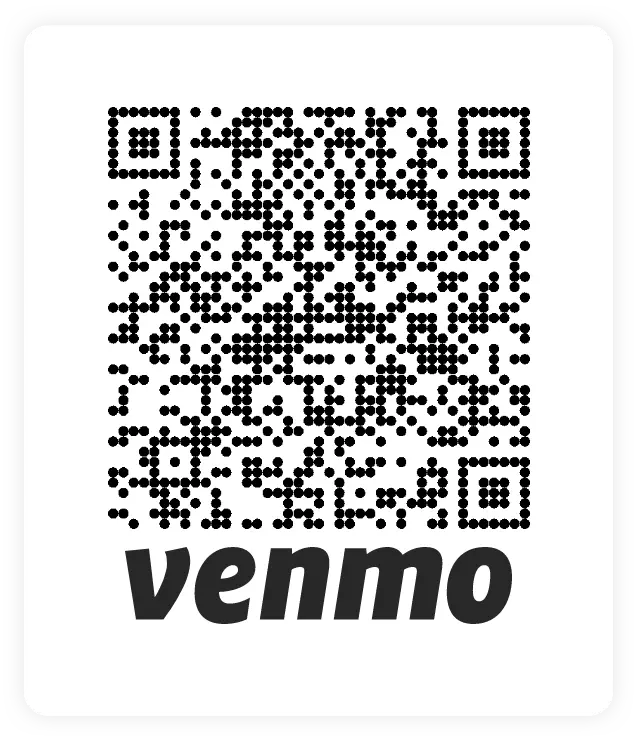

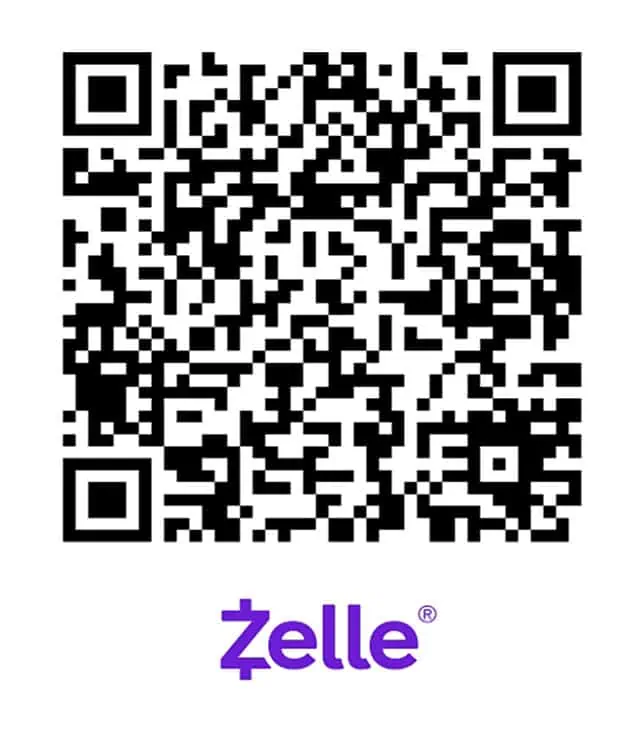
Pacific Crest Trail Survey Collection
Final Thoughts
As stated above, this is a new addition to the Pacific Crest Trail Survey. Hopefully, there comes a day when these accounts along the PCT are so negligible that they cannot even be meaningfully measured by the survey.
In the comments section where the above stories are pulled from, I also got a few misguided responses, such as, “We are going through small towns; can’t expect perfection from the townsfolk.” Let’s be clear: asking people to be decent human beings and to have respect for everyone regardless of who they are is not asking for perfection; it’s asking for the bare minimum. Living in a rural community does not give someone a license to be a bigot.
If you have any thoughts on how this data could be better summarized or used, please let me know.
For now, I hope what I was able to capture from last year’s class helps to shed some light on issues in the trail community.
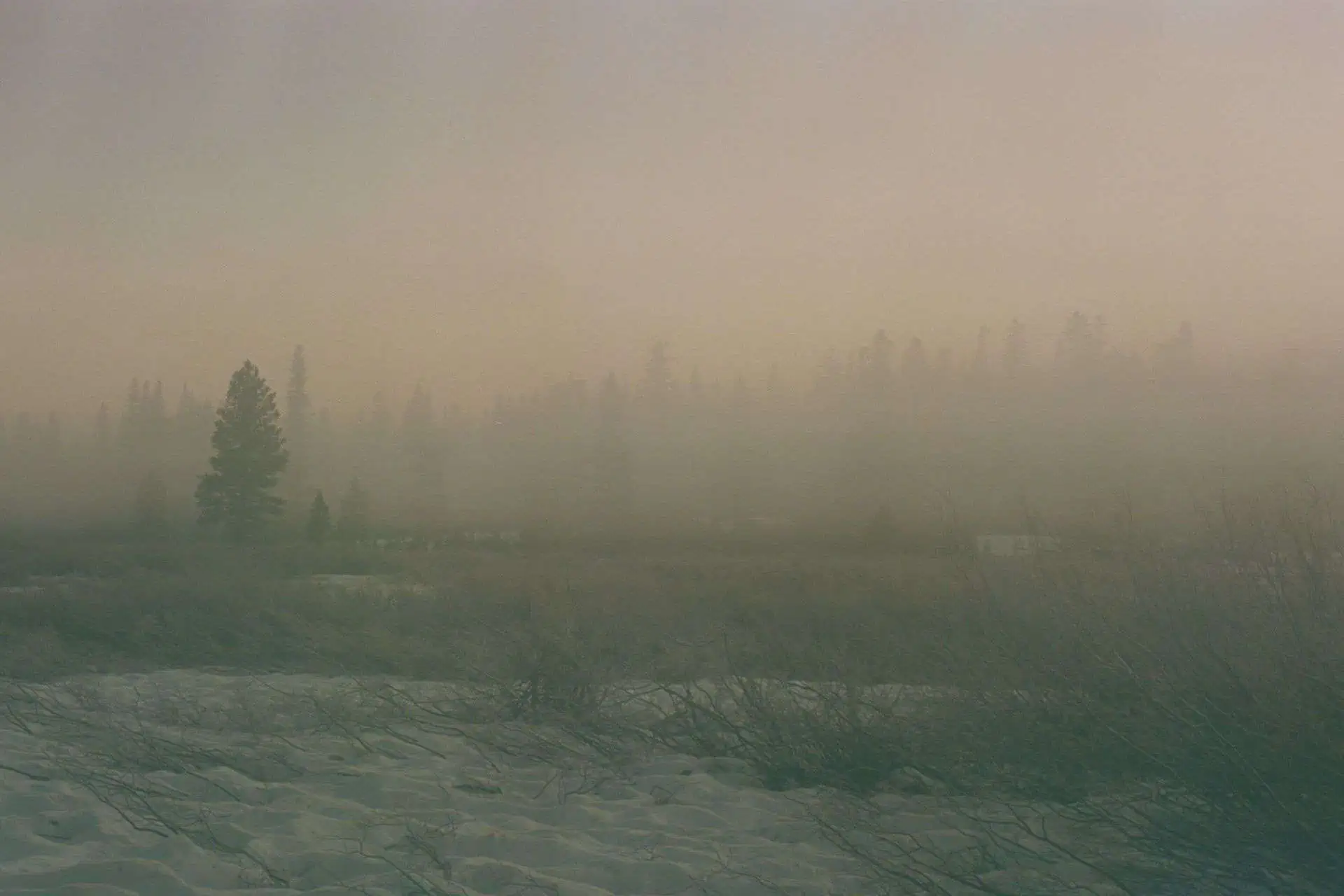
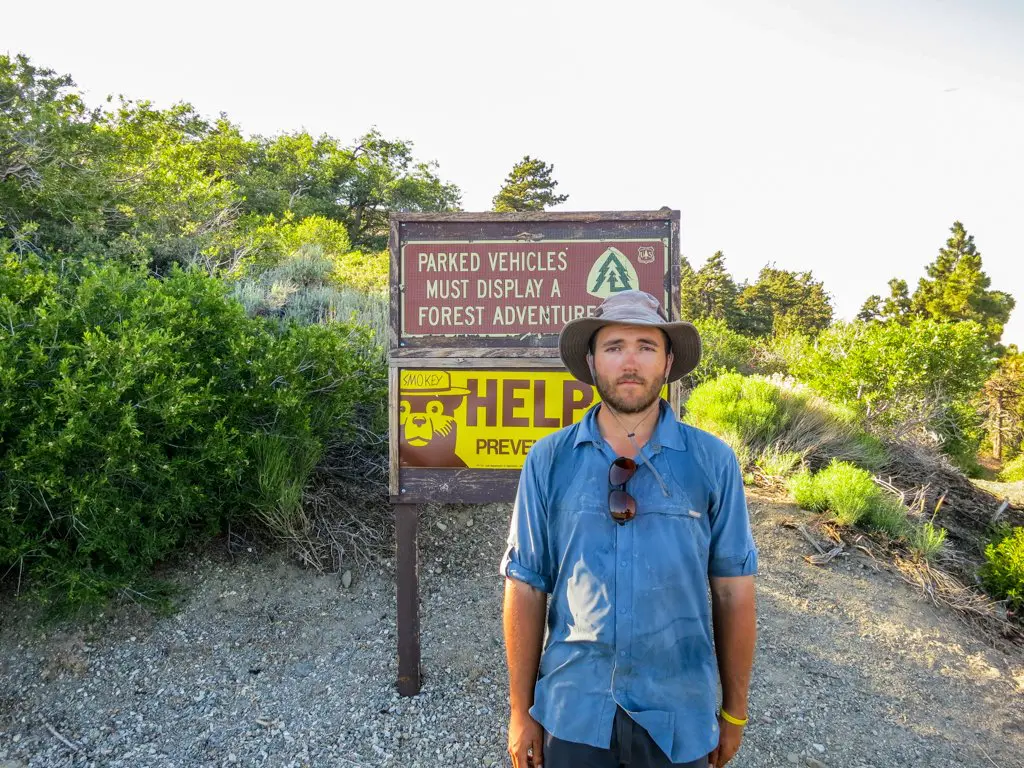
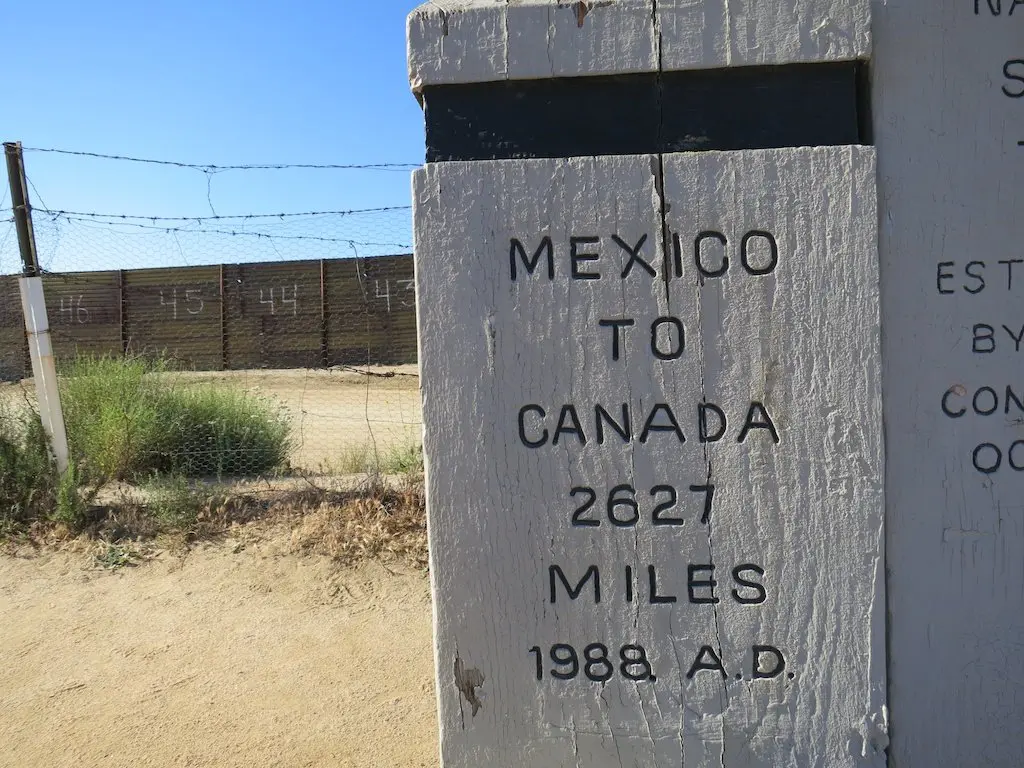
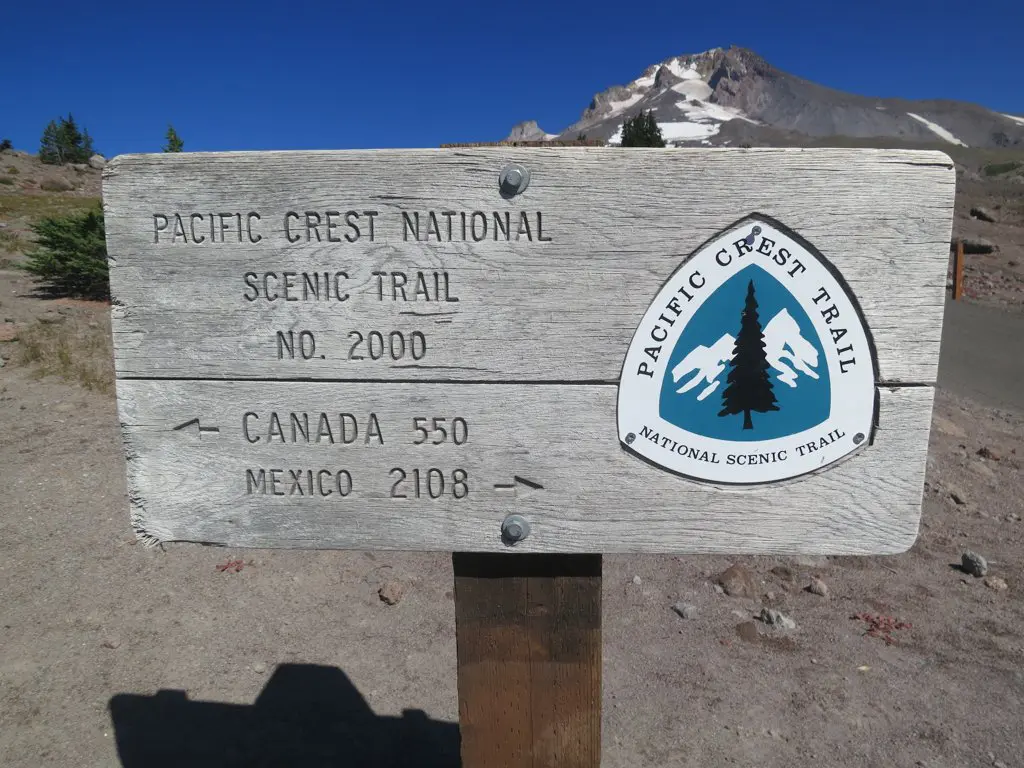
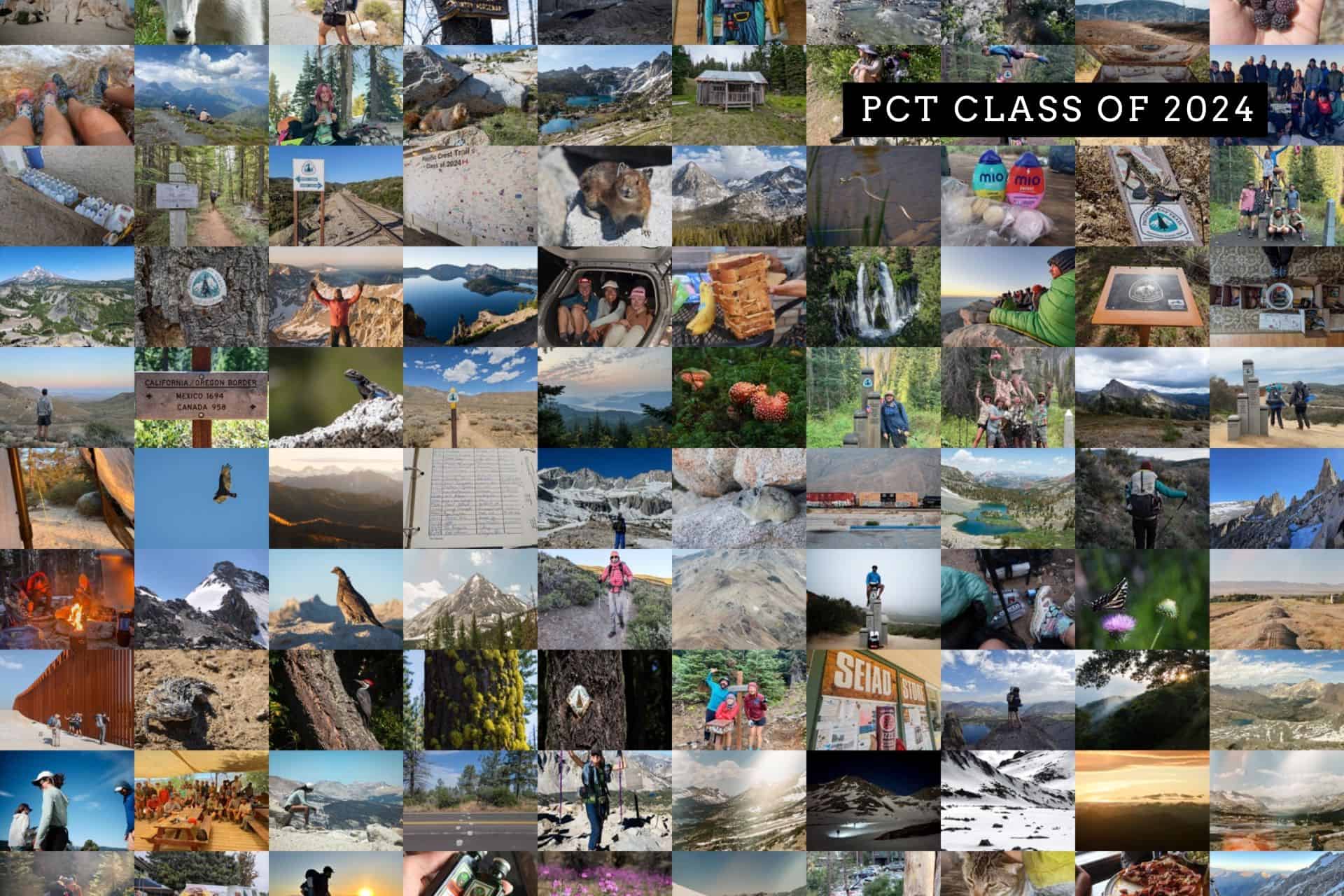

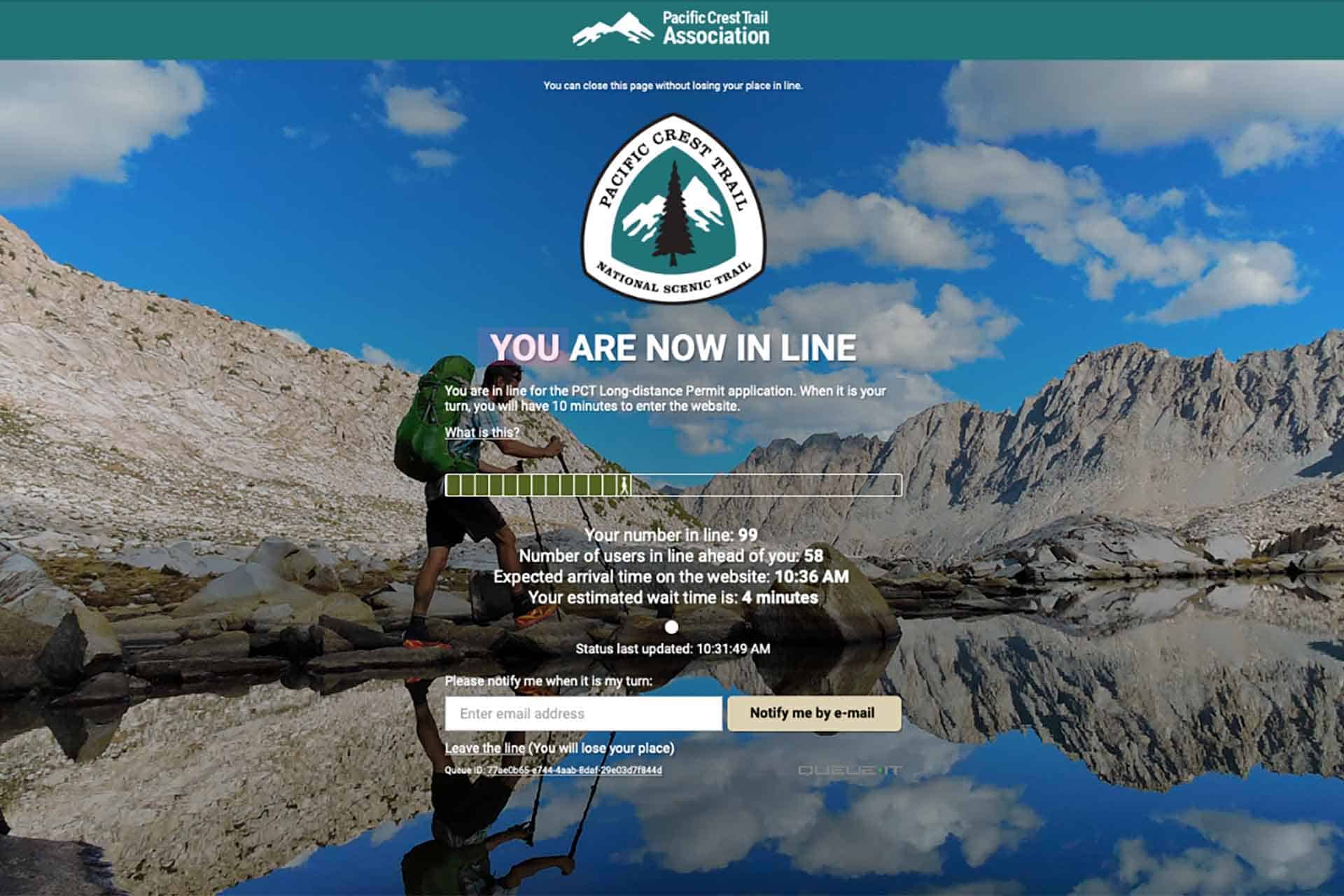
wow
so according to this
only women can ever experience sexism
thats informative
*according to this only women reported experiencing sexism
You’re welcome for the information, Matt.
I’ll bet all the people who experienced discrimination on trail also hike to get away from this! re “I HIKE TO GET AWAY FROM THIS,” – sadly, hikers are just people, not necessarily kinder than the rest of humanity. Thanks for sharing this despite the protestations; we need to work together to stop all discrimination.
Hopefully, bringing it to light will help us to see less of this in the future.
I hope it reminds those of us in dominant communities that it’s our responsibility to call out other for their bigotry.
Thanks for doing this!
You got it!
Thank you for putting this together and keeping the trail real.
Always open to suggestions!
Are the above data pulled from a random sample (yay) or was it self-reported (not so good as has self-reporting bias)? Are the above results different that the general population?
Are you referring to the firsthand accounts or the numbers? The survey is voluntary, and this year, the survey was completed by 751 PCT hikers.
If the hiker population was not sampled, these results should not be used to describe the population as there is a self-selection bias. Nice anecdotal information that should not be used to extrapolate to the hikers.
Furthermore, the “normal” population should be sampled and the results compared to determine if there is more or less discrimination on the trail versus non-trail.
You didn’t answer my previous question.
Racism & bigotry are endemic in our society. This survey isn’t meant to be research; it’s a snapshot of self-reported experiences.
Have you made the same comment in the posts about what equipment people use? If not, I suggest that your comment is based in discomfort about the topic. Sit with that discomfort. If you’re a member of a dominant community, recognize that people in marginalized communities are almost always on edge around us because of how they’re treated. Questioning whether these results are statistically valid is a microaggression.